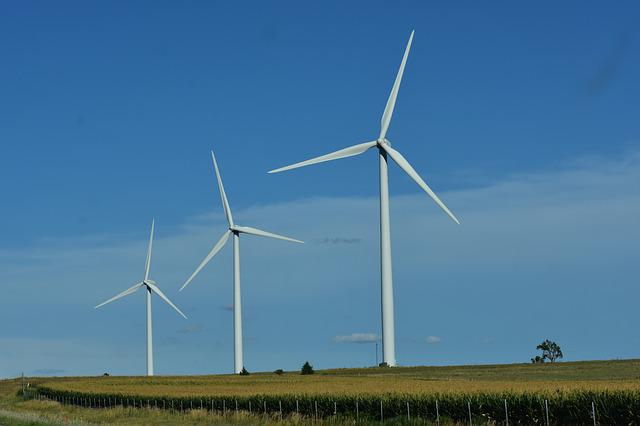October 1, 2022
Reducing energy consumption has been a goal since before the current energy crisis. Furthermore, the COVID-19 pandemic changed our energy consumption habits by closing workplaces and increasing the amount of time many people spent at home. While some sectors such as air transport were severely affected, others such as agriculture and forestry were not.
Overall energy consumption in the EU in 2020 was 6% less than in 2019. However, a slight increase (+1%) was observed in the energy consumed by the agriculture and forestry sector. Agriculture and forestry accounted for 3% of the total energy consumed in the EU in 2020.
With the exception of Sweden (+1%), all the EU Member States recorded decreases in total energy consumption in 2020 compared with 2019. The sharpest rates of decline were reported in Luxembourg (-14%), Spain (-11%) and Italy (-9%). At the other end of the range of decreases, the smallest rates of change were observed in Romania (-1%), Hungary and Bulgaria (both -2%).
It was a different story concerning the energy consumed by the agriculture and forestry sector. There were sharp rates of increase in a number of Member States between 2019 and 2020, notably for Malta (+10%), Portugal (+8%) and Croatia (+6%). There were also some Member States for which energy consumption by the agriculture and forestry sector decreased; the sharpest rates of decline were in Belgium (-11%), Sweden (-6%) and Romania (-5%).
To put this in some context, the largest share of total energy consumption by agriculture and forestry in 2020 was in the Netherlands (9%), followed by Poland and Latvia (both 6%). The value for the Netherlands reflects the important role of the glasshouse production of fruit, vegetables and horticultural plants. The smallest shares were reported in Luxembourg, Slovakia and Malta (all 1%).
Source: Eurostat
Legal Notice: The information in this article is intended for information purposes only. It is not intended for professional information purposes specific to a person or an institution. Every institution has different requirements because of its own circumstances even though they bear a resemblance to each other. Consequently, it is your interest to consult on an expert before taking a decision based on information stated in this article and putting into practice. Neither Karen Audit nor related person or institutions are not responsible for any damages or losses that might occur in consequence of the use of the information in this article by private or formal, real or legal person and institutions.






